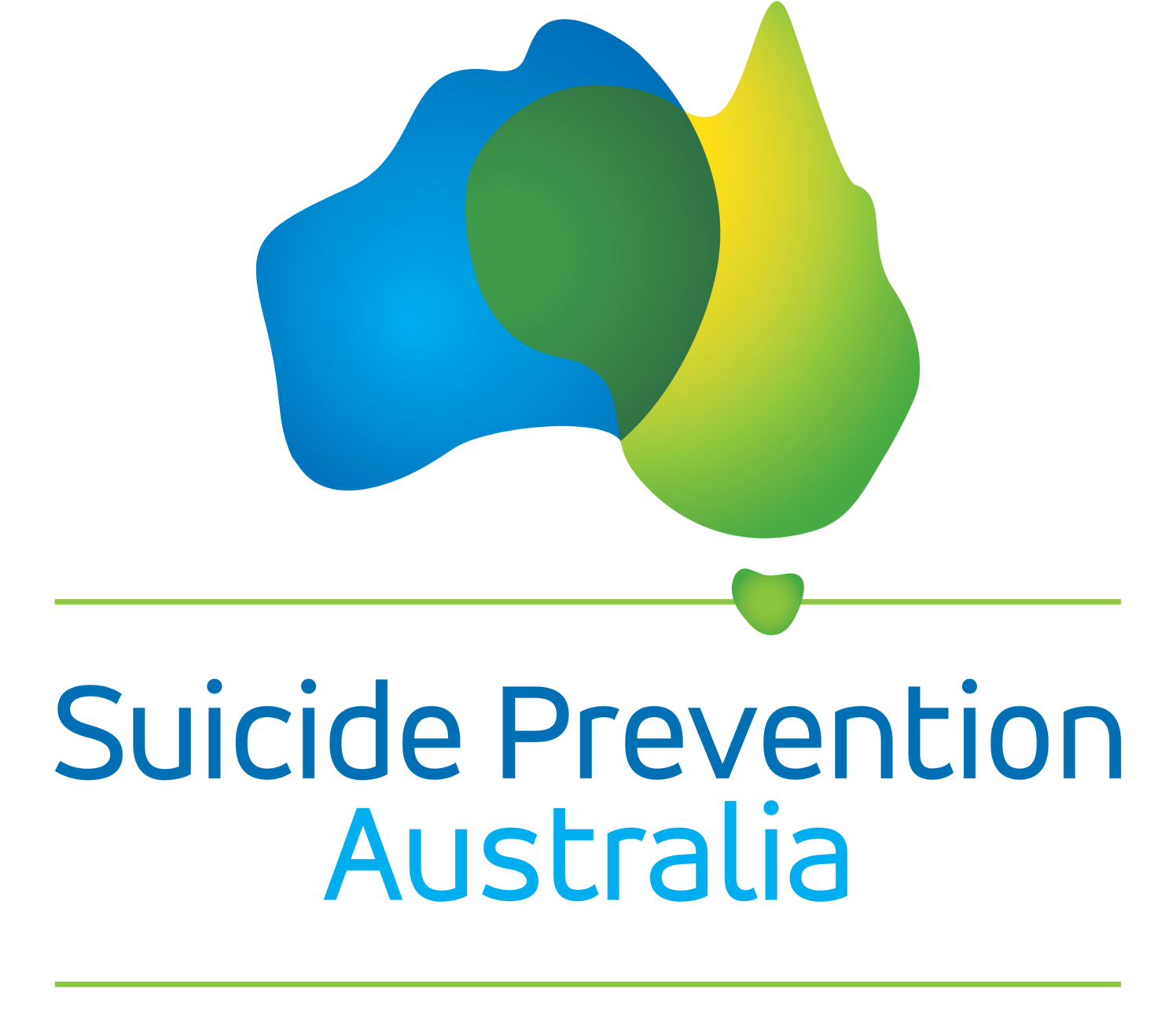Peak body welcomes targeted funding for bushfire disaster recovery
Suicide Prevention Australia, the national peak body for suicide prevention, welcomes the announcement by the Federal Government of $76 million in funding to support the mental health and wellbeing of individuals, families and communities, including first responders, who have been impacted by the devastating bushfires.
“The effects of a major disaster are experienced for many months after the immediate event, and well after media interest has waned,” Suicide Prevention Australia Chief Executive Nieves Murray said.
“Large scale disasters like the bushfires impact people’s employment, finances and everyday lives in the medium to long term, with these impacts often manifesting as trauma and mental ill health.”
Suicide Prevention Australia welcomes the appointment of local mental health disaster recovery coordinators, to assist individuals who are experiencing acute trauma as a result of the disaster.
“We welcome this decision as a short term solution, however our members agree that a broader source of sustainable coordination, with a broader skillset, will be needed in the longer term,” Ms Murray said.
“Our members, many of them currently on the ground assisting in the relief efforts, say a lack of ability to access and understand the practical support available is a key barrier for individuals struggling to get back on their feet.”
“That’s why we are advocating for a local disaster recovery coordinator in the 42 Local Government areas. This role goes beyond mental health support – it includes navigating complex insurance claims, applying for government assistance and being embedded in the communities that they represent.”
Suicide Prevention Australia also advocated for specialised suicide prevention workforce training, and extra support for emergency services workers. Ms Murray said that today’s announcement of ‘first-aid’ suicide prevention and mental health training would alleviate some of the pressures facing front-line workers.
“The suicide prevention workforce will play an integral role, not just now but in the long-term, in ensuring that communities have the resilience and support needed to rebuild,” Ms Murray said.
“We welcome today’s announcement that immediate funding will be available for training in trauma informed care and psychological first-aid, particularly for emergency service personnel and organisations who may be the first contact that an impacted individual or community will have,” she said.
“Our members have also told us that support for emergency services workers will be essential to ensure that they can continue to play a role in the disaster recovery efforts,” she said.
“We have previously advocated for a peer-to-peer support program for front-line staff, and we are grateful that the government will be funding programs specifically to support our emergency services.”
Media Contact:
Michaela Weston, 0403 483 023
Clare Kinsella, 0427 689 689
